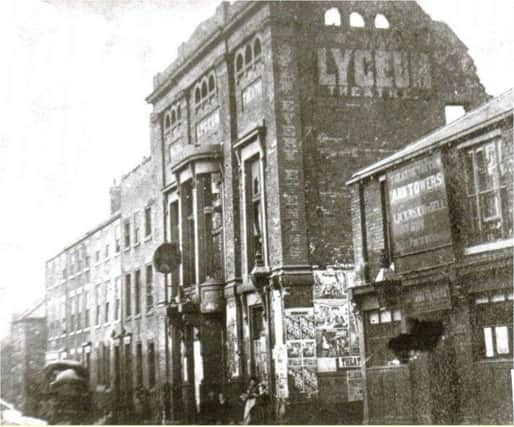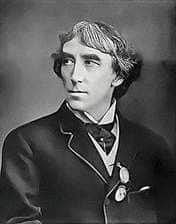Legendary actor who took his first steps to stardom in Sunderland


The New Royal Lyceum Theatre opened with a future stage legend on the bill.
Philip Curtis, from the Sunderland Antiquarian Society, takes up the story.


Advertisement
Hide AdAdvertisement
Hide AdThe curtain rose at the New Royal Lyceum Theatre in Lambton Street under the management of Mr ED Davis.
Patrons were offered Bulwer Lytton’s ‘Richelieu’ and ‘The Enchanted Island’. The theatre was destroyed by fire in 1855 and the opening night was ten days late.
Players on the first bill included Sam Johnson, Tom Mead and Miss Glyn of the Sadler’s Well Theatre.
A name in small type was Henry Irving. The man born John Henry Brodribb in 1838, was making his stage debut – UNPAID.


Advertisement
Hide AdAdvertisement
Hide AdHenry gave up his London office job for the stage and was glad to get the job in Sunderland. After a dubious start, Irving quickly improved and by the time Christmas pantomime arrived he was earning 25 shillings a week.
Despite hopes he would stay. he was found a place at the Theatre Royal, Edinburgh and moved in 1857.
Irving’s early successes came in plays written by Sunderland dramatist, Tom Taylor.
Irving became the finest actor of the late nineteenth century.


Advertisement
Hide AdAdvertisement
Hide AdHe regularly toured America becoming a celebrity there and was eventually knighted in 1895.
Irving’s last appearance at Sunderland, and the first since his stage debut in 1856, was in 1904.
He was then a sick man and the Mayor and Corporation invited him to a ceremonial dinner and presented him with a handsome casket to commemorate his links with the town.
He died on October 13, 1905 shortly after his final appearance in the play Beckett, his character uttering the final words in the play – “Into thy hands, O Lord, into thy hands’.